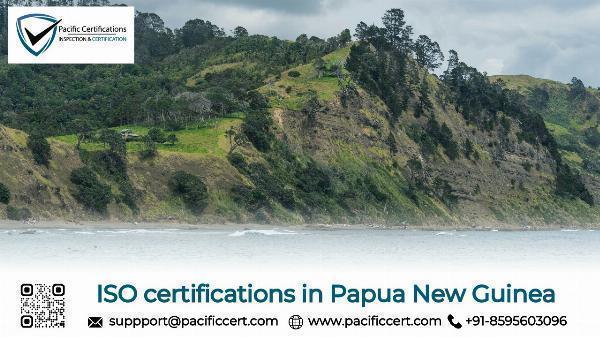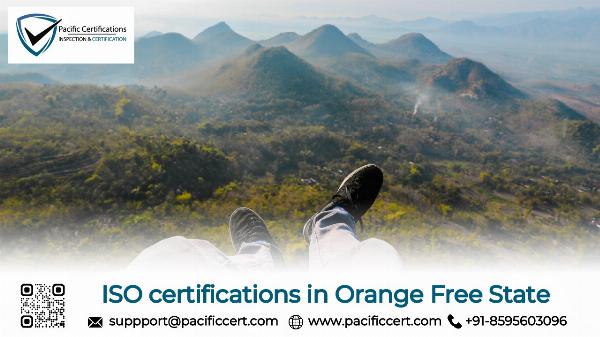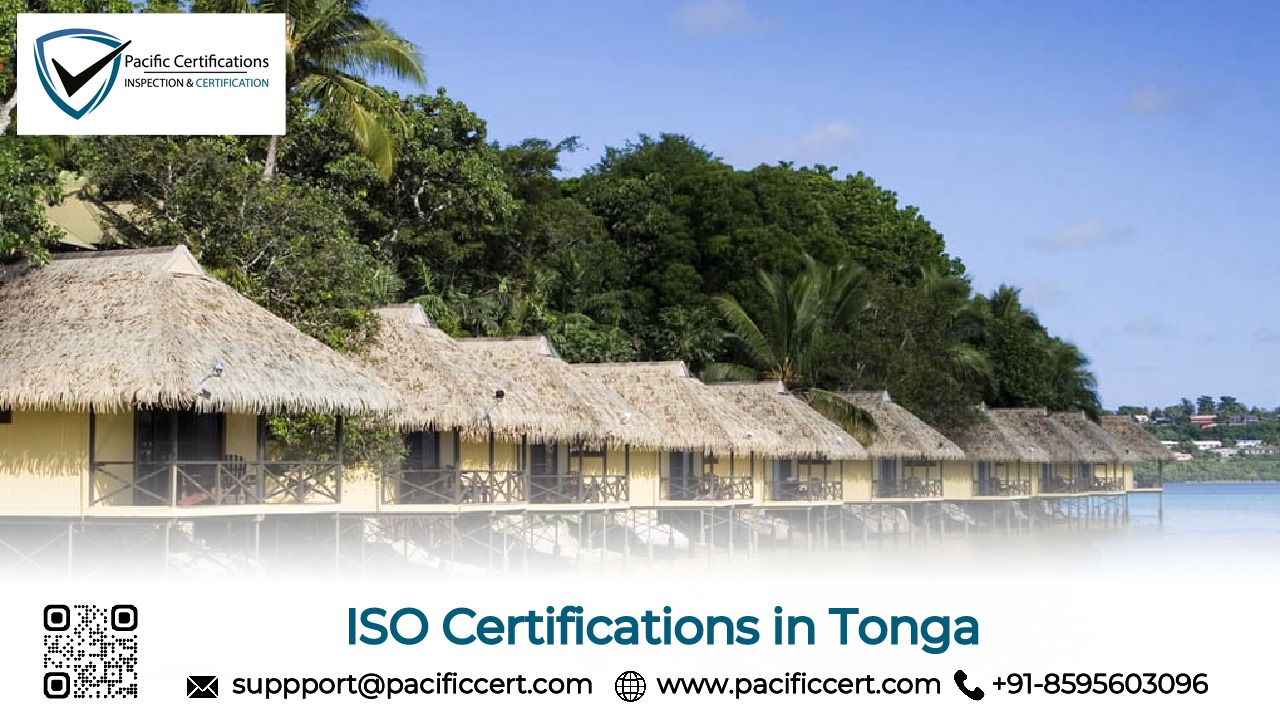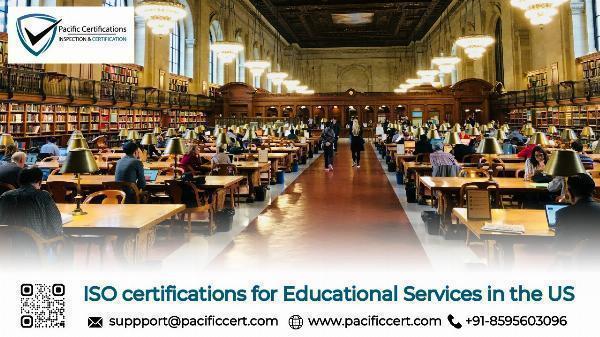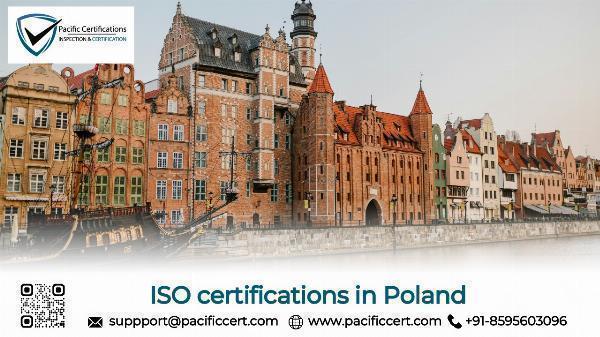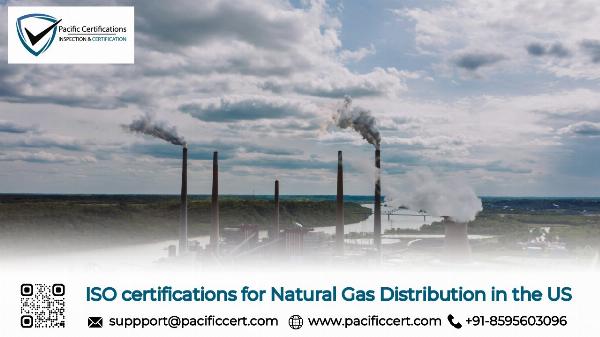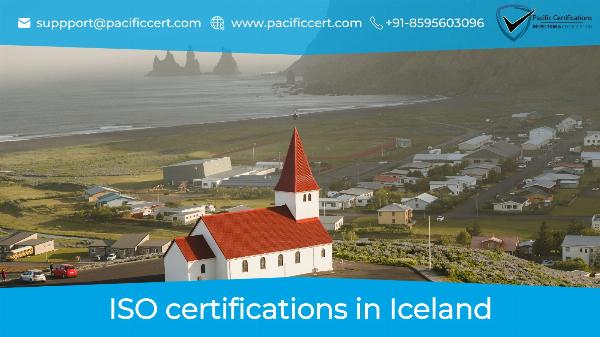 Local SEO Boost – Put Your Business on the Local Map!
Local SEO Boost – Put Your Business on the Local Map!
ISO certifications in Korea and How Pacific Certifications can help
Written by Pacific » Updated on: June 17th, 2025

In Korea, the demand for ISO certifications is growing as businesses seek to enhance their quality management, environmental responsibility, and occupational health and safety standards. ISO certifications such as ISO 9001, ISO 14001, ISO 45001, and ISO 27001 are highly regarded for ensuring organizational excellence and competitive advantage.
We, at Pacific Certifications, specialize in providing audit and certification services to help Korean businesses achieve these international standards.
Applicable ISO Standards in Korea
ISO 9001: Quality Management Systems: Sets out the criteria for a quality management system and is based on several quality management principles, including a strong customer focus, the involvement of top management, and a process approach.
ISO 14001: Environmental Management Systems: Provides a framework that an organization can follow to set up an effective EMS, helping organizations to improve their environmental performance through more efficient use of resources and reduction of waste.
ISO 45001: Occupational Health and Safety Management Systems: Provides a framework to improve employee safety, reduce workplace risks, and create better, safer working conditions.
ISO 27001: Information Security Management Systems: Helps organizations manage the security of assets such as financial information, intellectual property, employee details, or information entrusted by third parties.
ISO 22000: Food Safety Management Systems: Maps out what an organization needs to do to demonstrate its ability to control food safety hazards to ensure that food is safe.
ISO 50001: Energy Management Systems: Helps organizations to follow a systematic approach in achieving continual improvement of energy performance, including energy efficiency, energy use, and consumption.
Click here to find out more applicable standards to your industry
Market Research and Trends
In 2024, there is a significant trend towards sustainability and environmental responsibility. Korean companies are increasingly seeking ISO 14001 certification to demonstrate their commitment to sustainable practices. The Korean government is also pushing for stricter environmental regulations, encouraging businesses to adopt ISO 14001 standards.
Rise in Cybersecurity Threats
With the rise in cybersecurity threats globally, there is an increased demand for ISO 27001 certification in Korea. Companies are prioritizing the protection of their information assets, leading to a surge in the adoption of information security management systems.
Emphasis on Workplace Safety
Post-pandemic, there is a heightened awareness of occupational health and safety. ISO 45001 certification is becoming more popular among Korean businesses as they strive to create safer working environments and reduce workplace risks.
Growing Food Safety Concerns
The food industry in Korea is witnessing a growing concern for food safety. ISO 22000 certification is in high demand as companies aim to ensure the safety of their food products from farm to fork.
Energy Efficiency Initiatives
Energy management is a critical focus area for Korean industries. ISO 50001 certification is gaining traction as businesses look to improve their energy efficiency and reduce their carbon footprint.
If you are looking for an ISO certification, contact us today at [email protected].
Read More: ISO certifications in Korea and How Pacific Certifications can help
Note: IndiBlogHub features both user-submitted and editorial content. We do not verify third-party contributions. Read our Disclaimer and Privacy Policyfor details.
Copyright © 2019-2025 IndiBlogHub.com. All rights reserved. Hosted on DigitalOcean for fast, reliable performance.


